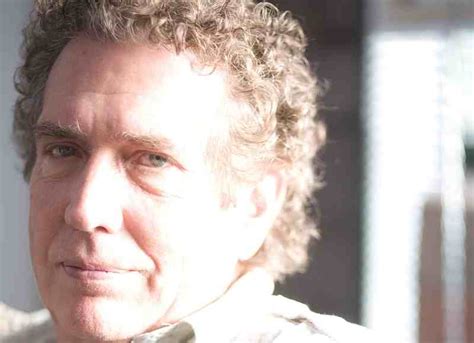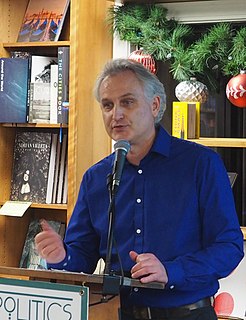A Quote by Pat Pattison
Metaphors are not user-friendly. They're difficult to find and difficult to use well. Unfortunately, metaphors are a mainstay of good lyric writing-indeed of most creative writing. ...metaphors support lyrics like bones.
Related Quotes
Poetry begins in trivial metaphors, pretty metaphors, "grace" metaphors, and goes on to the profoundest thinking that we have. Poetry provides the one permissible way of saying one thing and meaning another. People say, "Why don’t you say what you mean?" We never do that, do we, being all of us too much poets. We like to talk in parables and in hints and in indirections - whether from diffidence or some other instinct.
You can make a global film, which affects so many countries and affects sort of this worldwide epidemic, but it has, zombies are great metaphors for the times we live in today and that's what I always find fascinating about them, but then it's like the walking dead, you know, the unconscious, and the metaphors for them are just really something I was inspired by.
Half the people in the world think that the metaphors of their religious traditions, for example, are facts. And the other half contends that they are not facts at all. As a result we have people who consider themselves believers because they accept metaphors as facts, and we have others who classify themselves as atheists because they think religious metaphors are lies.
Infrastructures of power always inhabit the surface of the earth somehow, or the skies above the earth. They're material things, always, and even though the metaphors we use to describe them are often immaterial - for example, we might describe the Internet as the Cloud or cyberspace - those metaphors are wildly misleading.






























